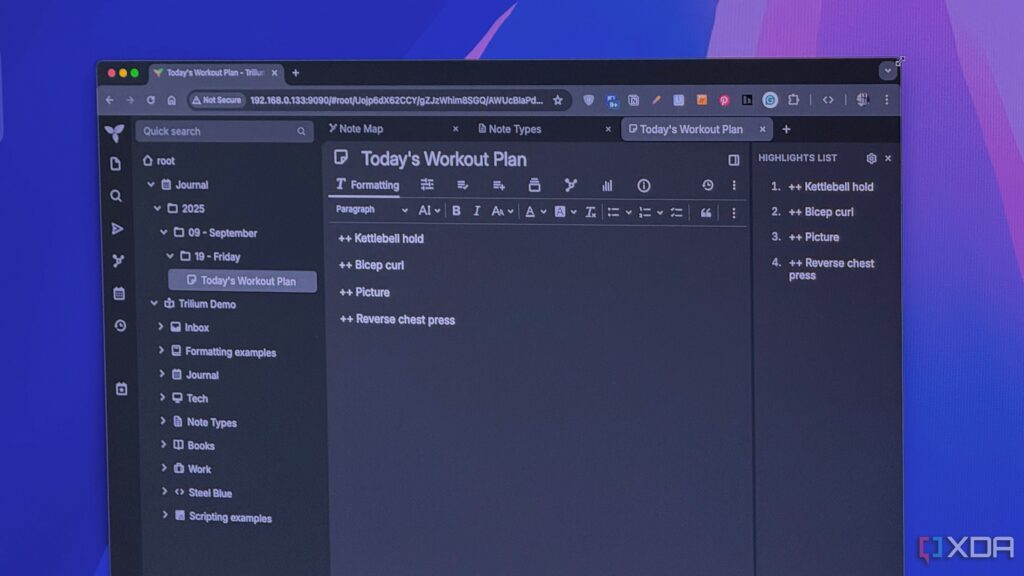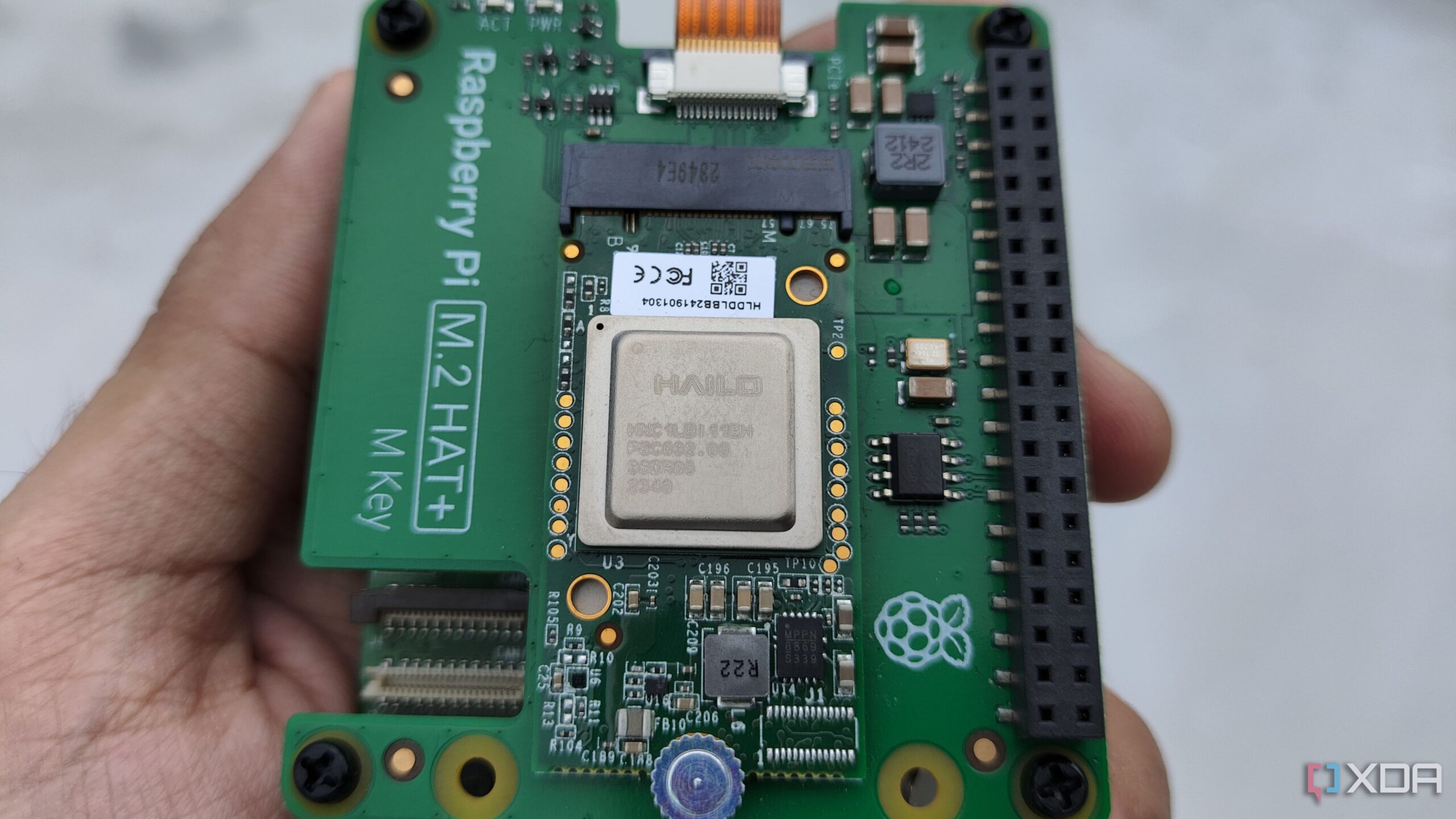
UPDATE: A new self-hosted note-taking app, Trillium, is rapidly gaining attention as users seek alternatives to Google Keep. As of today, many are considering a switch due to growing concerns about data ownership and organizational limitations within Google’s platform.
Trillium’s innovative structure offers a significant upgrade over Google Keep’s simplistic, sticky-note style, allowing users to create a detailed hierarchy of notes. This tree-like organization enables the nesting of parent and child notes, providing a robust framework for managing complex projects and research. Users can now find relevant notes without endless scrolling, making it a game changer for productivity.
The most compelling aspect of Trillium is its data control. Unlike Google Keep, where notes are stored on Google’s servers, Trillium allows users to host their data on personal NAS devices or servers. This means users have complete ownership and can easily implement backup policies to safeguard their notes. The risk of losing important information due to a service shutdown becomes virtually nonexistent.
Trillium is not just another note-taking app; it scales with user needs. With powerful features akin to a full personal knowledge management system, it offers rich text formatting, code snippets, and the ability to include images in notes. This versatility makes it suitable for both quick notes and extensive writing projects.
Another standout feature is Trillium’s advanced tagging system. Users can apply multiple tags to a single note, facilitating a comprehensive search and organization method far superior to Google Keep’s basic labels. This means that notes, even those buried deep within the hierarchy, can be easily retrieved.
As noted by one user, “Trillium’s revision history is a lifesaver, allowing me to restore previous versions of my notes effortlessly.” This essential feature ensures that content creators can recover lost drafts, a functionality missing in Google Keep.
Trillium also incorporates encryption for added security, ensuring that users’ data remains private and under their control. Moreover, it includes a unique Note Map feature, reminiscent of Obsidian’s graph view, which helps visualize the connections between notes, enhancing the user experience.
Despite the shift towards Trillium, some users remain hesitant to completely abandon Google Keep. For many, it serves as a quick-access tool for mundane tasks, while crucial notes are migrated to Trillium for better organization and security.
As the trend towards self-hosted solutions accelerates, Trillium emerges as a formidable contender in the note-taking landscape. With its focus on user control, advanced organization, and comprehensive features, it is poised to redefine how individuals manage their notes.
Stay tuned for more updates as Trillium continues to evolve and challenge the dominance of Google Keep in the digital note-taking space.






